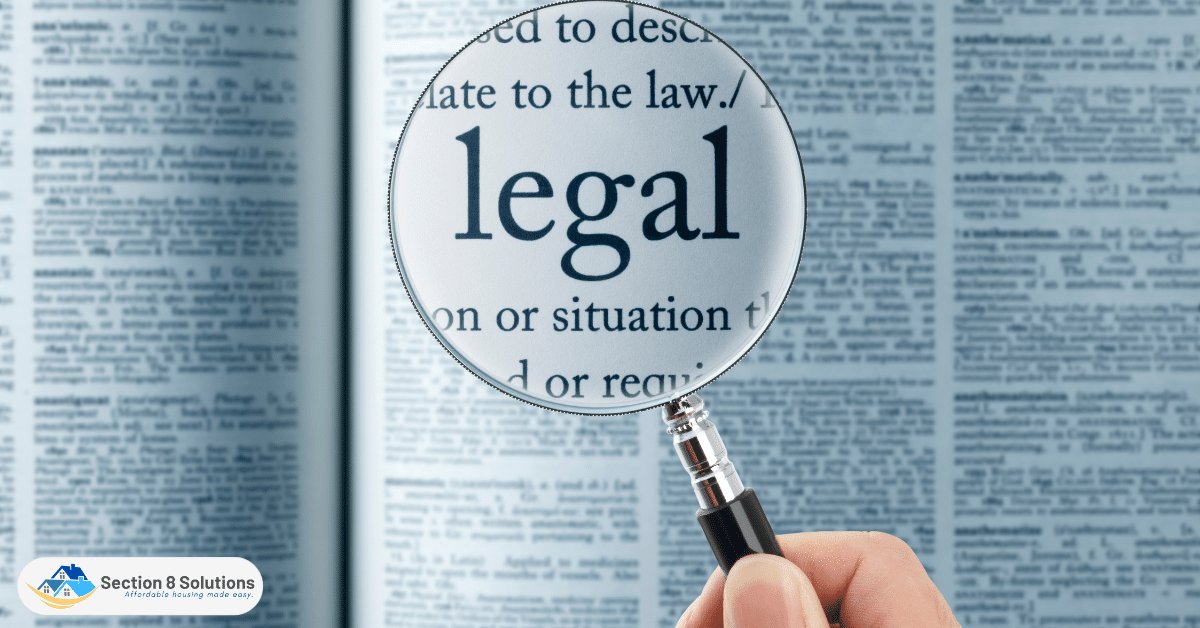Becoming a landlord can be an exciting opportunity, but there are important considerations to keep in mind. For instance, there are legal obligations to meet, such as following fair housing laws and creating a legally binding lease agreement.
In this article, we’ll explore 6 things you may not know about becoming a landlord, from legal requirements and maintenance obligations to tenant screening and financial planning.

1. Legal Requirements
To keep tenants safe, landlords must follow the law. It’s important to research your property’s local rules and regulations. Landlords must follow safety, building, and fair housing rules. Failure to comply might result in fines and lawsuits.
Before renting out your property, it’s crucial to obtain the necessary permits and licenses. This includes a rental license or permit, which may be required in some jurisdictions. Failure to obtain the required permits and licenses can result in penalties and even eviction of your tenants.
Landlords should obtain legal advice to comply with laws. This can include landlord-tenant attorneys or property management companies that handle legal matters. These resources might help you understand and follow local laws. They can assist with tenant disputes and evictions.

2. Maintenance Obligations
Regular inspections are an essential part of maintaining your rental property. Inspections can help you identify any necessary repairs or maintenance tasks before they become more significant problems. It’s also an opportunity to check in with your tenants and ensure that they’re following the terms of the lease.
Repairs and upkeep require dependable contractors and vendors. Contractors might be found online or through landlord or property management referrals. Research and properly vet contractors. Find licensed, insured, and well-respected contractors. For major repairs, seek multiple quotations to ensure fairness.
Another option is to work with a property management company, which can handle maintenance and repairs on your behalf. Property management companies have established relationships with vendors and can often get better pricing on repairs and maintenance tasks. This can save you time and money in the long run.

3. Tenant Screening
Tenant screening is an essential part of the rental process, as it helps landlords find reliable and trustworthy tenants who are more likely to pay rent on time and take care of the property. Here are some things to consider when conducting a thorough tenant screening process:
First, landlords should gather information about the tenant’s credit and rental history. This can help determine if the tenant has a history of paying bills on time and fulfilling lease agreements. Employment and income verification can also help landlords assess whether the tenant can afford the rent.
Next, landlords should ask for references from previous landlords and other relevant parties, such as employers or personal references. This can help verify the tenant’s rental history and character.
It’s important for landlords to conduct a legal tenant screening process and comply with fair housing laws. They should have a clear and consistent screening process in place and avoid discriminatory practices.

4. Rent Collection
Landlords must collect rent, and there are various factors to consider. In-person, mail-in, online, and automatic rent collection techniques exist. Each strategy has merits and cons. Online payments are faster but may incur transaction costs, whereas in-person payments are more personal but time-consuming.
It’s also important to determine a competitive local rent rate that represents the property’s value. Inflation and local rental market changes require periodic rent rate adjustments. Set rent due dates and remind tenants.
Landlords must deal with late or missed payments, but they must do it professionally and fairly. Tenants should be informed of late fees and policies. A comprehensive lease agreement is essential. Include rent due dates, late payment procedures, and security deposit requirements.

5. Tenant Relations
Effective communication is key. Landlords should respond to tenant inquiries promptly and provide clear and timely communication regarding any property-related issues or changes. Regular communication can help build a good relationship with tenants and foster a sense of trust.
Responsiveness is also crucial. Landlords should be responsive to tenants’ concerns and address any issues as soon as possible. A proactive approach to maintenance and repairs can prevent small issues from turning into larger ones and help keep tenants happy.
Respect is an essential component of good tenant relations. Landlords should treat tenants with respect and consider their needs and preferences. Showing respect to tenants can help build trust and foster positive relationships.

6. Financial Planning
Budgeting for unforeseen repairs is essential. Landlords should budget for property taxes, insurance, maintenance, and emergencies. Landlords can manage expenses and cash flow by setting up vacancy reserves.
Financial planning includes maximizing rental income. Landlords should investigate local rental rates and alter rents to stay competitive. To keep tenants, they may offer upgrades or perks.
Tracking income and expenses, keeping to a budget, and frequently evaluating and revising the plan is essential to creating a good financial plan and managing cash flow. Financial planners and property managers can also help. Financial planners can advise on cash flow management, while property management companies handle property finances.

Conclusion
Becoming a landlord can be a rewarding experience, but it’s important to understand the responsibilities and challenges that come with it. In this article, we covered six things that aspiring landlords may not know, including legal requirements, maintenance obligations, tenant screening, rent collection, tenant relations, and financial planning.
To summarize, landlords need to be aware of local laws and regulations, perform regular maintenance and inspections, conduct thorough tenant screening, establish clear rent collection processes, maintain good relationships with tenants, and create a solid financial plan.












